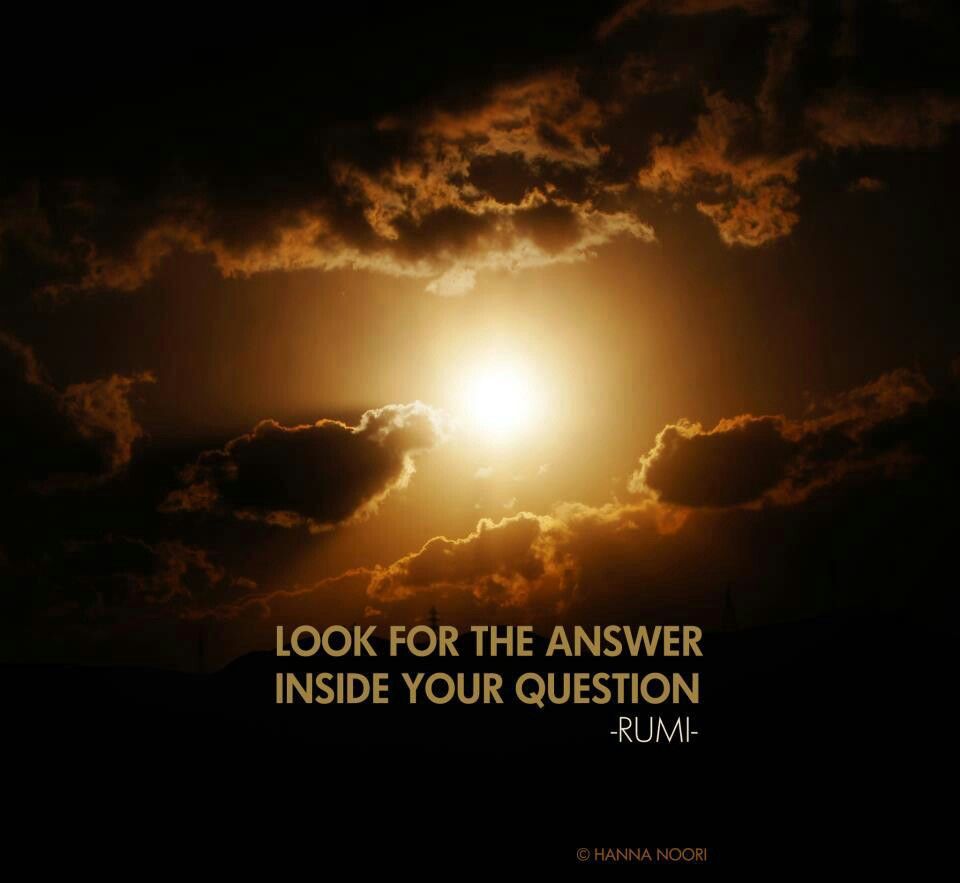Tue, Nov 24 Gratitude Reflection
Appreciate questions. Sometimes it is essential to dwell in the uncertainty of asking, the discomfort of not knowing. Sometimes we get a choice, as when we are students, and opt to learn. Other times, we are thrust into such situations, and must cope. Either way, this becomes a necessary skill: to be present to what […]


